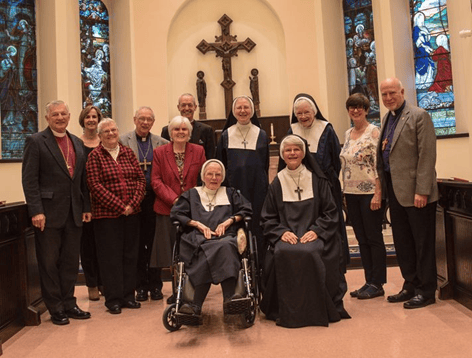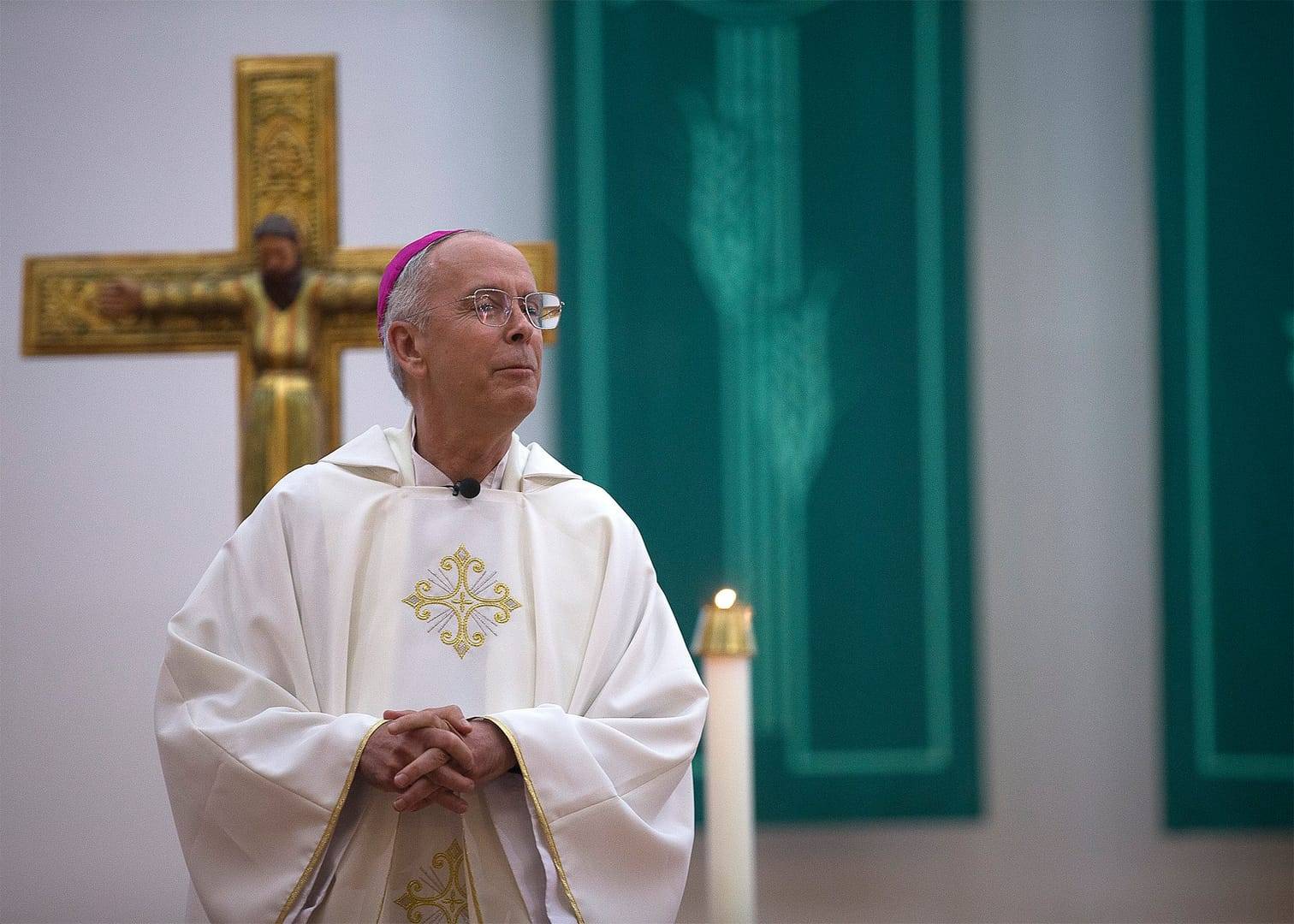HOUSTON — A Texas inmate condemned for fatally stabbing an 85-year-old woman more than two decades ago was scheduled to die by injection Tuesday, as the nation’s busiest death penalty state prepared to resume executions following a four-month delay due to the coronavirus pandemic.
Prosecutors said Ruben Gutierrez, 43, was attempting to steal more than $600,000 that Escolastica Harrison had hidden in her home in Brownsville, located in Texas’ southern tip, when he killed her in 1998. Gutierrez’s attorneys have asked the U.S. Supreme Court to stop his execution after an appeals court last week overturned a stay.
If Gutierrez’s execution is carried out, he would be the first inmate in Texas to receive a lethal injection since Feb. 6 and the second U.S. inmate to be put to death since the country began to reopen after the pandemic shut down much of the U.S. After the country began to reopen, Missouri resumed executions in the U.S. on May 19.
In Texas, the number of COVID-19 cases and hospitalizations continues to increase as state officials have said hot spots such as prisons and meat packing plants have been responsible for the rising numbers. But state prison officials said safety measures they have put in place, including taking the temperatures of participants and providing them with personal protection equipment — will help executions to go forward.
“Yes, the agency can carry out the process safely for those participating and witnessing the execution,” said prison system spokesman Robert C. Hurst.
Six executions scheduled in Texas for earlier this year were postponed by an appeals court or judges because of the outbreak. A seventh was delayed over claims of intellectual disability. Gutierrez’s attorneys had also sought a coronavirus-related delay but were turned down Friday by the Texas Court of Criminal Appeals.
Also Friday, the 5th U.S. Circuit Court of Appeals overturned a stay in the case tied to Gutierrez’s request for DNA testing he says could point to the real killer and his claims his religious rights are being violated because the prison system won’t allow a chaplain to accompany him in the death chamber.
Gutierrez’s attorneys on Monday asked the U.S. Supreme Court to halt his execution over religious rights violations. The Texas prison system last year banned clergy from the death chamber following a Supreme Court ruling that halted the execution of another inmate, Patrick Murphy, who had requested a Buddhist adviser be allowed in the chamber. A trial in Houston federal court on Murphy’s case is still pending.
“Through hundreds of previous executions, the state of Texas has recognized that people being executed have the right to be in the presence of religious advisers when they face the end of their lives,” said Shawn Nolan, one of Mr. Gutierrez’s attorneys. “Mr. Gutierrez has that same right.”
The Texas Catholic Conference of Bishops has filed a brief with the high court in support of Gutierrez.
“To deny a prisoner facing imminent execution access to spiritual and religious guidance and accompaniment is cruel and inhuman,” said Bishop Daniel Flores of Brownsville.
Gutierrez has long maintained he didn’t kill Harrison. His attorneys say there’s no physical or forensic evidence connecting him to the killing. Two others were also charged in the case.
Authorities said Gutierrez befriended Harrison, a mobile home park manager and retired teacher, so he could rob her. Prosecutors said Harrison had a mistrust of banks and hid her money underneath a false floor in her bedroom closet.
Cameron County District Attorney Luis Saenz has called Gutierrez’s appeals “delay tactics.” Prosecutors have said the request for DNA testing is a “ruse” and Gutierrez was convicted on various pieces of evidence, including a confession.
“It is time for justice to be served for Mrs. Harrison,” Saenz said.
Gutierrez would be the third inmate put to death this year in Texas and the seventh in the U.S.















